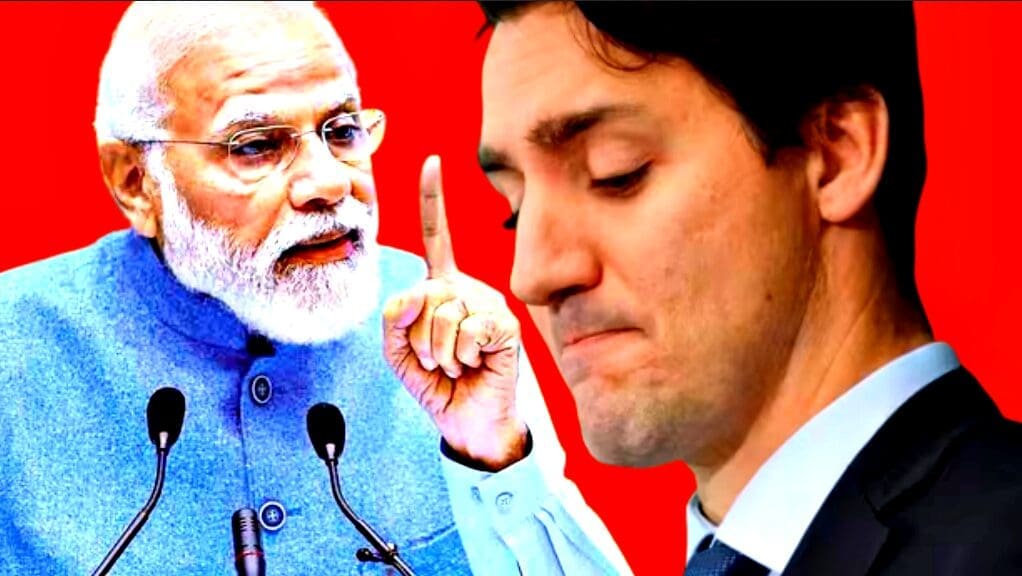The diplomatic tensions between Canada and India have escalated dramatically, spiraling to an all-time low marked by mutual expulsions of diplomats and heated exchanges between leaders. This deterioration follows the revelation by Canada’s national police, the Royal Canadian Mounted Police (RCMP), which claimed to possess evidence linking members of the Indian government to several violent acts and homicides on Canadian soil. In response, Canada expelled India’s high commissioner and several diplomats, asserting the need to confront India over these serious allegations. Prime Minister Justin Trudeau emphasized Canada’s commitment to uphold national sovereignty and expected India to reciprocate this respect.
The allegations of Indian involvement have raised significant concerns in Canada, particularly for members of the Khalistan movement, a campaign for a separate Sikh state. The RCMP indicated that Indian diplomats and consular officials in Canada had engaged in clandestine activities aimed at gathering information for the Indian government. However, details concerning specific violent acts or the direct involvement of the diplomats remained vague. The Canadian authorities have struggled to provide substantial evidence of the alleged Indian agents’ serious criminal activities despite urgent requests from law enforcement officials.
Tensions reached a peak after Trudeau revealed in Parliament last fall that Canada had discovered evidence regarding the alleged involvement of Indian agents in the murder of Hardeep Singh Nijjar, a Sikh Khalistani activist assassinated in June 2023. This incident further strained bilateral relations, which had not fully recovered in the wake of past allegations of foreign interference. Canada’s Foreign Minister, Mélanie Joly, asserted that the diplomats’ expulsion was based on “ample, clear and concrete evidence” related to the Nijjar investigation, intensifying the diplomatic dispute.
India responded sharply to these allegations, categorizing them as politically motivated and devoid of foundation. The Indian Ministry of External Affairs vehemently rejected Canada’s claims and criticized the Trudeau government for failing to provide evidence despite multiple requests. India’s statement portrayed the allegations as a manifestation of Trudeau’s political agenda and hinted at a deliberate strategy to undermine India’s reputation for domestic political gain. Emphasizing the respected career of High Commissioner Sanjay Kumar Verma, the Indian government labeled the accusations against him as ludicrous.
The diplomatic rift coincided with a recent interaction between Prime Minister Modi and Trudeau during an ASEAN Summit in Laos, where Trudeau expressed his concerns over the safety of Canadian citizens and the rule of law. However, this meeting did little to alleviate the growing animosity, as India’s statement highlighted Trudeau’s previous attempts to influence Indian internal politics and criticized his administration for having connections to individuals with separatist ideologies. The historical context of Trudeau’s foreign policy decisions indicates a long-standing tension with India.
India has persistently voiced its discontent regarding the Canadian government’s allowance of pro-Khalistan activities, urging Canada to take more decisive action against those advocating violence and extremism linked to this movement. Officials in India have pointed out the troubling connections between Khalistani extremists and organized crime within Canada, underlining a broader issue that should concern Canadian authorities. This prevailing sentiment reflects India’s frustration that actions against violent extremism are often overlooked in the name of freedom of speech, as violent threats against Indian diplomats and community leaders persist without adequate response from the Canadian government.

